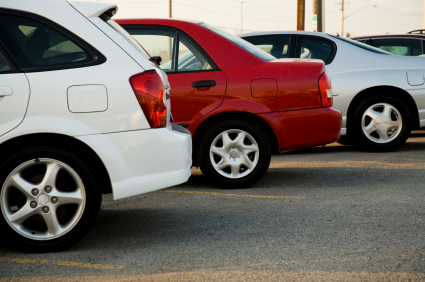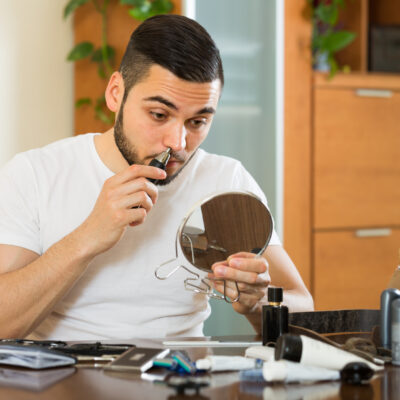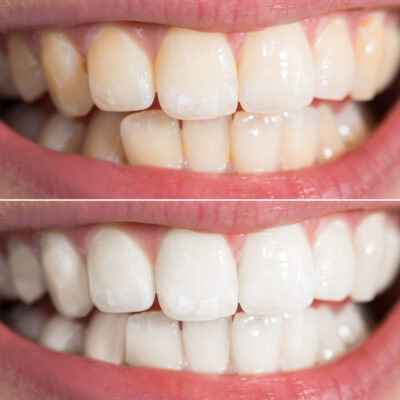
How to Decide Between New vs. Used Cars
Irrespective of whether you’re a first-time car buyer or looking to replace your current car, the one common question plaguing your mind is “Should I buy a new car or a used one?” However, there isn’t a one-size-fits-all reply to this question, as there are specific reasons why one should go in for new and used each. While making this buying new vs. used car decision, every buyer needs to examine their own unique set of life and financial requirements and needs.
Listed below are four important and imperative questions which will help buyers of cars make smarter choices and answer the buying new vs. used car question for themselves:
1. Do you have cash for a down payment?
If a buyer’s credit is good, then they will face lesser issues while buying a new with no/little down payment as opposed to buying a used one, since many manufacturers tend to offer incentives for new cars and not used ones. These usually are in the form of discounted financing, cash incentives, and rebates. Financing used cars always requires a down payment, either as trade-in with equity or in the form of cash. So, examine your credit and see how much cash you have saved up.
2. Why and how can you take on the huge new-car depreciation hit?
One of the sneakiest hidden costs of a car is depreciation, which begins the minute you drive the car away from the lot and goes on till the day you wish to sell the car. For instance, if a car depreciates $7,000, that is as good as throwing $7,000 away, a sum that one could possibly spend on other things and one will never get back. In the end, a car isn’t an investment – it will be comfortable and provide some pleasure, but that’s that. On average, new cars depreciate 20–30% the moment they’re driven away, with some depreciating as much as 50% in the first three years – which is why it makes more sense to buy a used car in terms of depreciation.
3. Can you afford to repair and maintain a used car?
Sometimes automakers offer free repair and maintenance for the first few years of owning new cars, as opposed to the average costs of upkeep for used cars. In order to minimize the likelihood of buying “problematic” used cars, buyers can get detailed vehicle history reports from AutoCheck or CARFAX and have the car inspected by qualified mechanics. That being said, no matter how amazing a car has been cared for, some amount of wear and tear is expected to happen at over 30,000 miles; so, ultimately, replacement and maintenance costs will be higher for a used car as opposed to a new car. Buyers need to determine if they have the discipline to do the same.
4. If your used car spends time in the shop, are you okay with it?
Used cars are likely to spend more time in the shop for bigger repairs, as opposed to new cars which spend less time. Also, certain dealers/manufacturers offer loans on cars with warranties when it’s in the shop. The question is – can you deal without a car when the car is in the shop?
Answering these questions will help buyers figure out whether it makes more sense for them to buy a used or new car.


